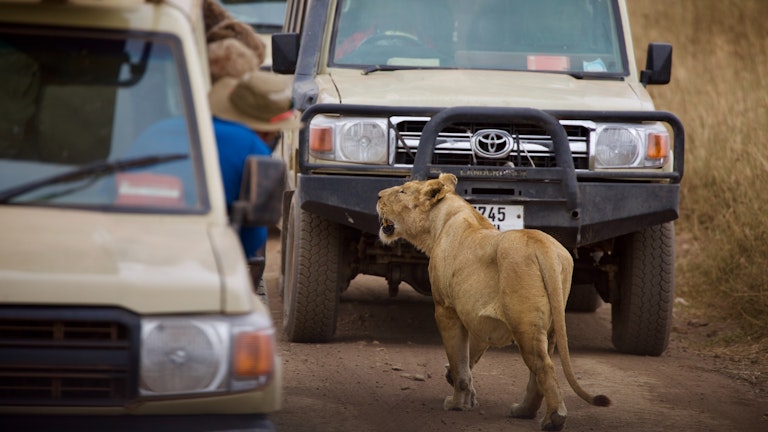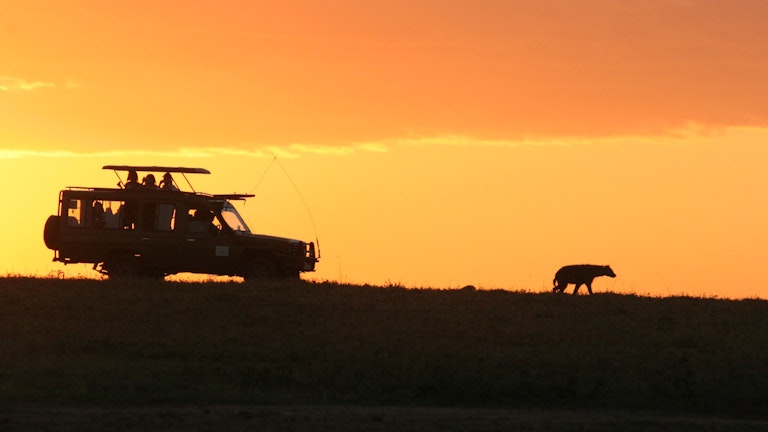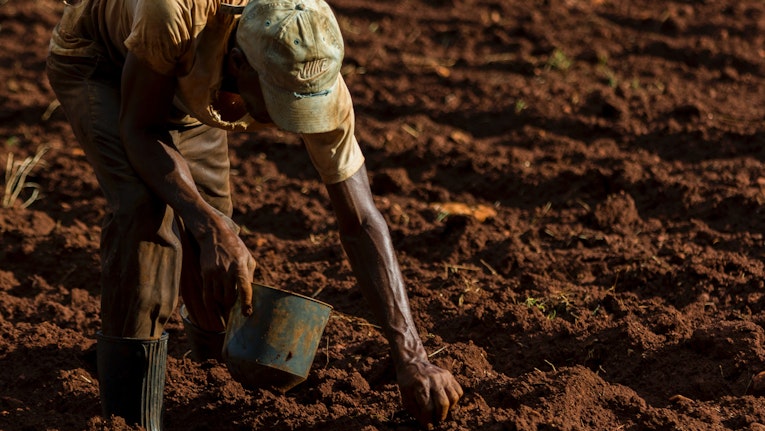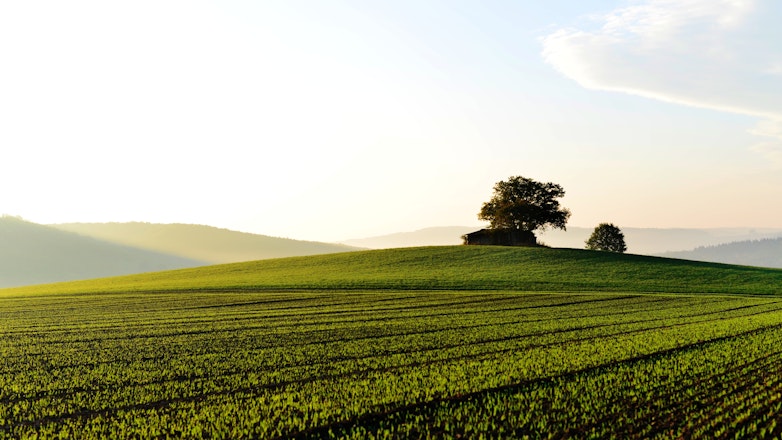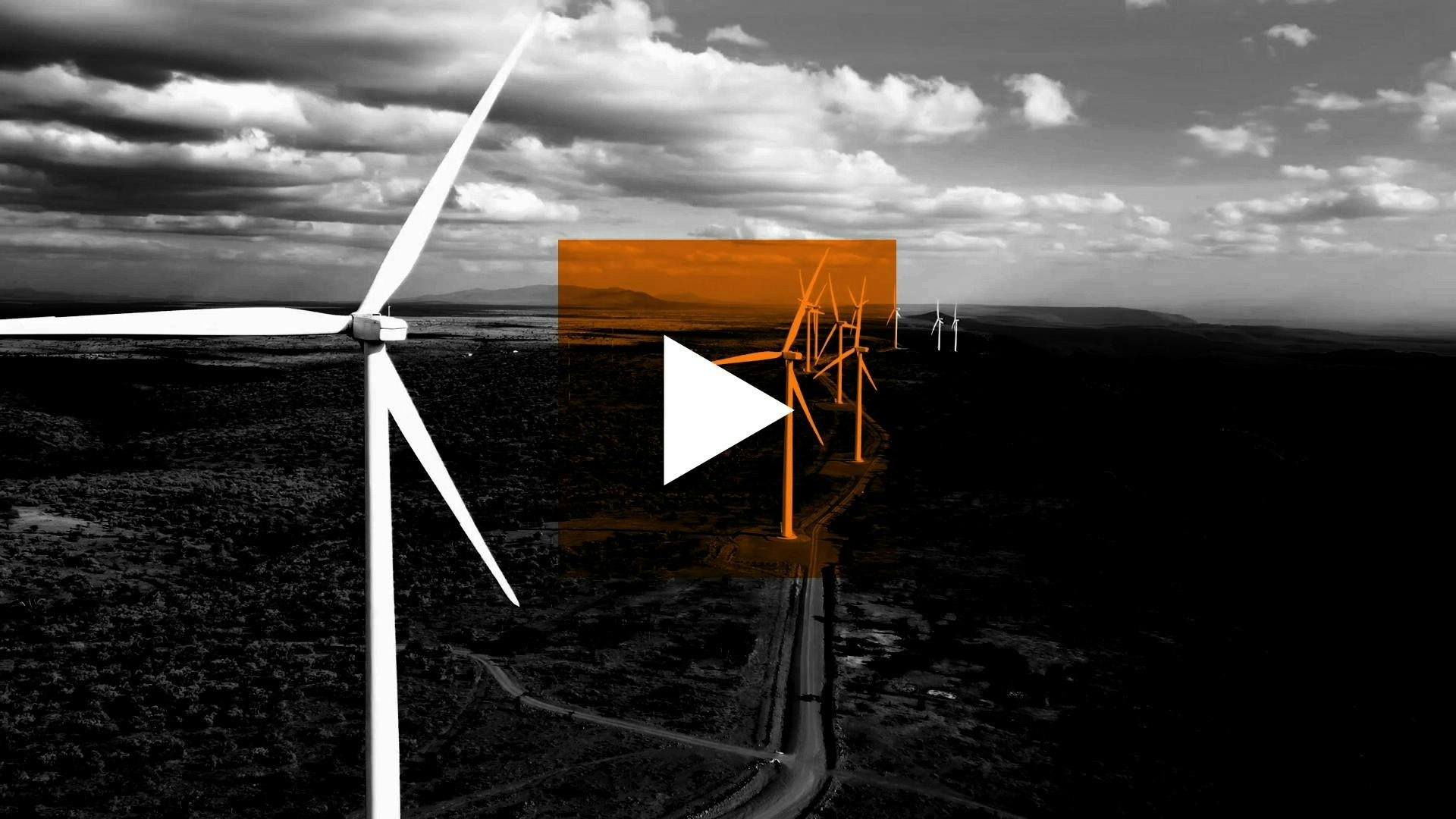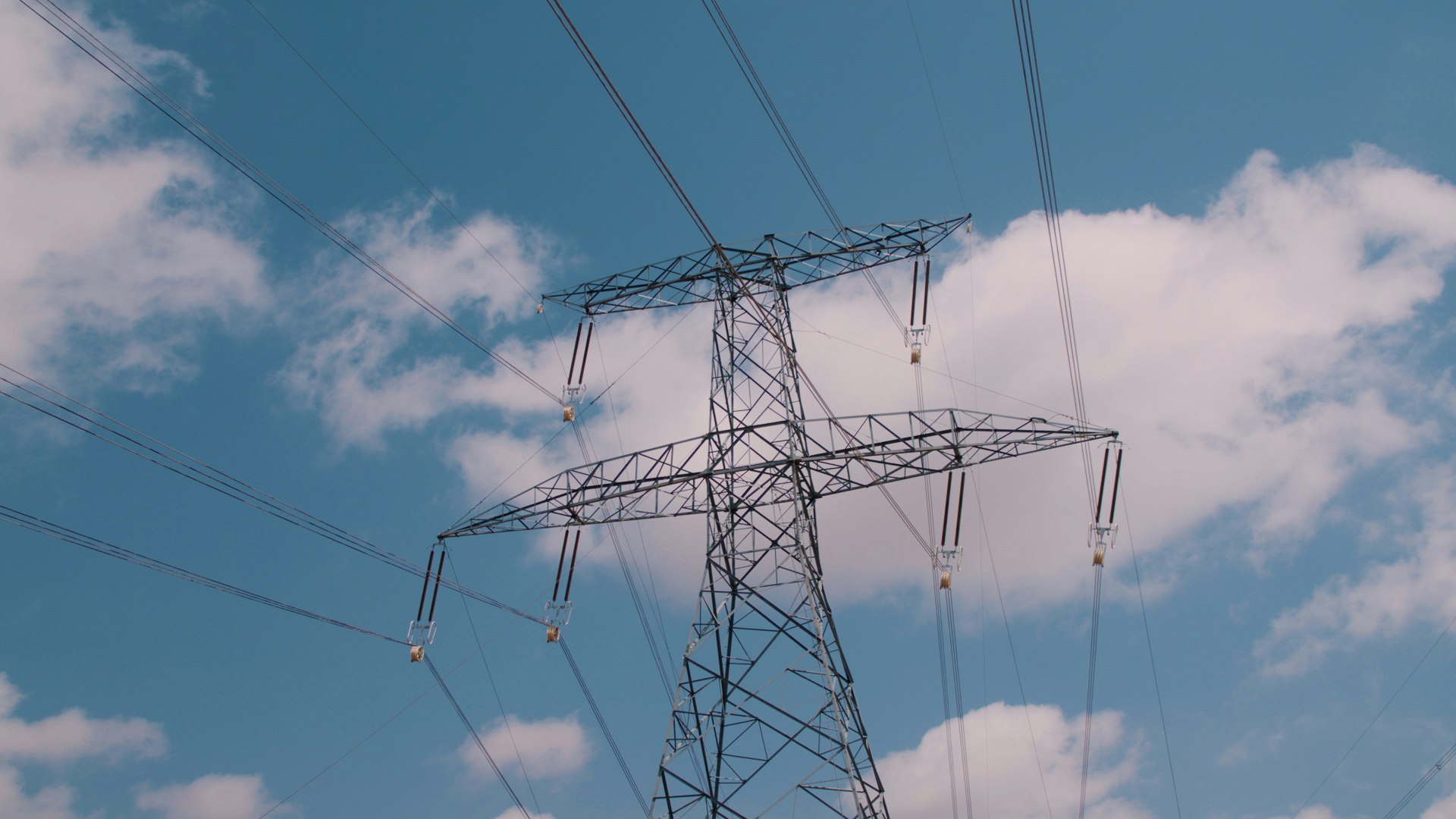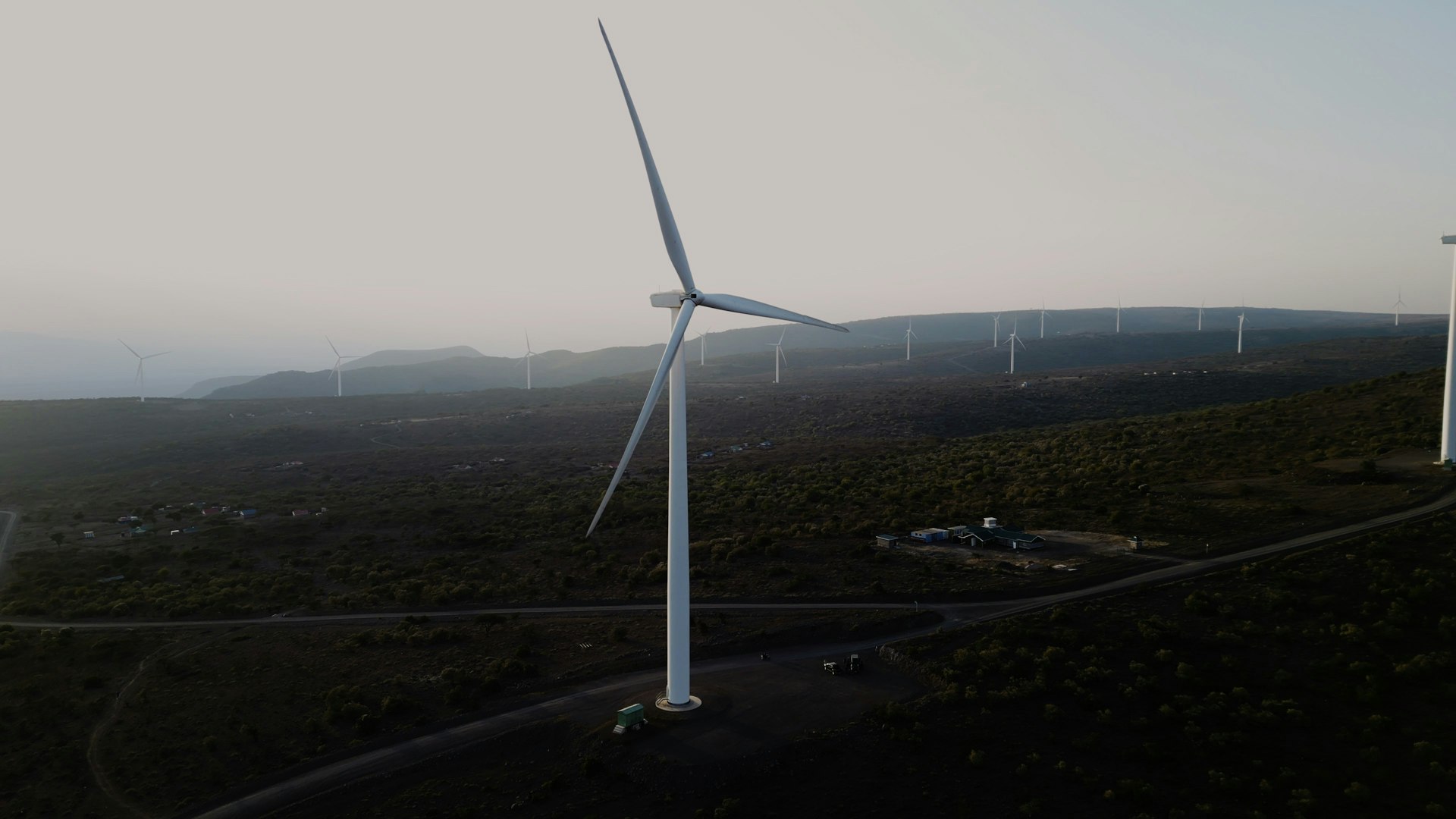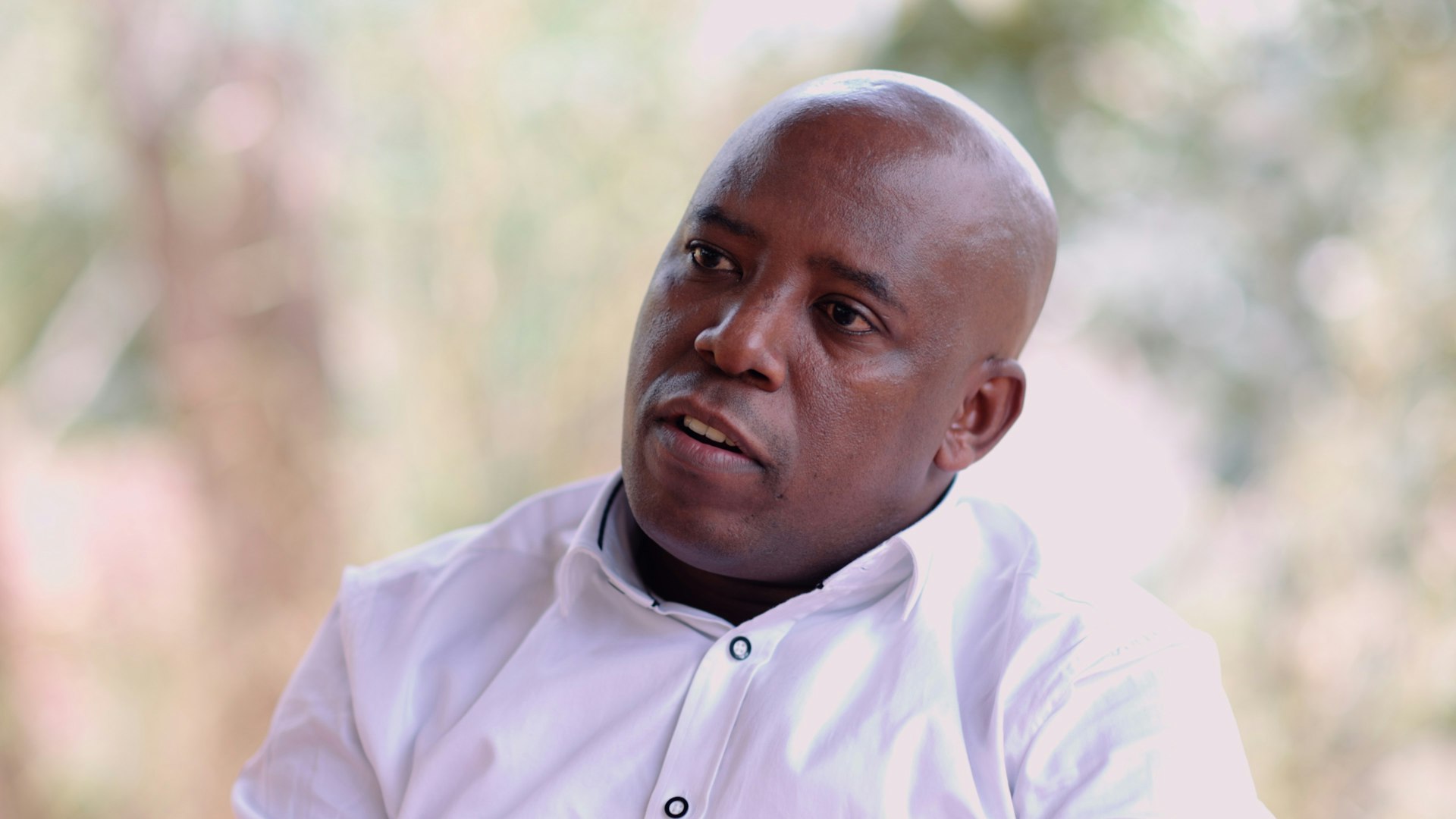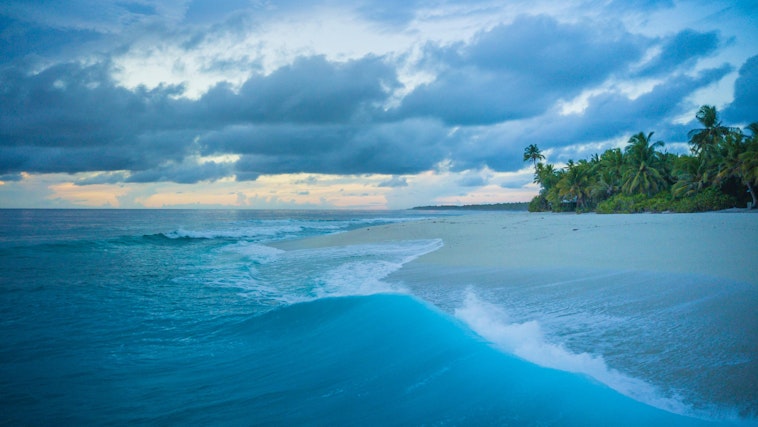
‘This innovative model has the potential to become Pan-African, if not global. This would make the Great Blue Wall movement the first of its kind that was conceptualised and born in Africa to become global.’ Former President of the Seychelles, James Michel.
At almost 19,000 miles long, Africa’s coastline is both vast in scale and incredibly rich in environmental bounty. 38 of the continent’s 54 states are coastal, with freshwater and ocean-based fish forming the core of many citizens’ diets and livelihoods.
Which is why it comes as no surprise that a new initiative to create and maintain a network of marine conservation sites, The Great Blue Wall, has already found favour across Africa.
What is The Great Blue Wall?
The Great Blue Wall Initiative is an international movement, led by a coalition of African nations, that seeks to protect and restore the Indian Ocean. Ten countries, including Kenya, Somalia, South Africa and Tanzania, are coming together as part of a larger global pledge to protect 30 percent of the world's oceans.
Known as The Great Blue Wall, the goal is to create a connected network of marine conservation areas that protect some of the most threatened aquatic areas in the world.
Now or never
Taking inspiration from the Great Green Wall reforestation project, the blue variety’s mandate is twofold.
The first centres around conservation, protecting not just ecologically-important marine areas like coral reefs but also environmentally-critical areas like marshlands, mangroves, seagrass meadows and underwater ecosystems.
The second is a direct reaction to the human cost of this environmental damage, and mass industrialization and abuse of the fishing industries across the globe. Freshwater and ocean fish make a vital contribution to the food and nutritional security of over 200 million Africans and provide income for over 10 million.
This ‘blue economy’ is the symbiotic heart of the project; driven by conservation and regeneration, to tackle not only the two most pressing environmental challenges of climate change and biodiversity loss, but also to reverse pervasive poverty and resultant inequality.
The Great Blue Wall was formed by the necessity to sustainably conserve biodiversity (including the associated natural resources) to survive, develop and thrive.
‘The Blue Economy concept includes recognition that the productivity of healthy freshwater and ocean ecosystems is a pathway for aquatic and maritime-based economies and can ensure that islands and other coastal countries, as well as land-locked States, benefit from their resources.’ UN Policy on Africa’s Blue Economy.
Great Blue Expectations
For the Great Blue Wall to realise its full potential, member states have pledged to build a vast, interconnected series of marine reserves. But this is just the start, and many more nations will need to be convinced, alongside a massive global investment drive.
Supporters say the plan would restore and conserve some two million hectares of ocean, capture 100 million tons of carbon dioxide and secure livelihoods for over 70 million people.
As Africa faces an uncertain, climate future (with many nations set to be among the most adversely affected) fast tracking a mutually beneficial, pan national environment plan is seen as the best way ahead, at national and local levels.
Many African Union (AU) states believe the key to poverty eradication is to align it with Blue Economy policies, as these attract both global attention and investment.
Blue Sea Thinking?
If successfully implemented, the Great Blue Wall has the potential to open up and sustain millions of job opportunities for Africa’s growing youth population.
The International Union for Conservation of Nature anticipates that the Wall could benefit over 70 million people in the Western Indian Ocean region, and potentially more if additional countries join.
The vision for these new, ‘blue economy’ policies is one of inclusivity and sustainability, significantly contributing to Africa’s transformation and growth.
